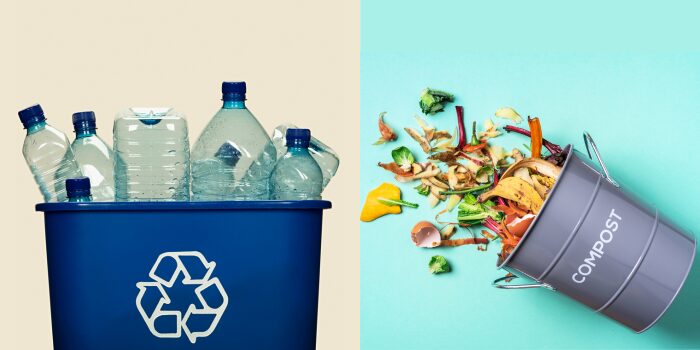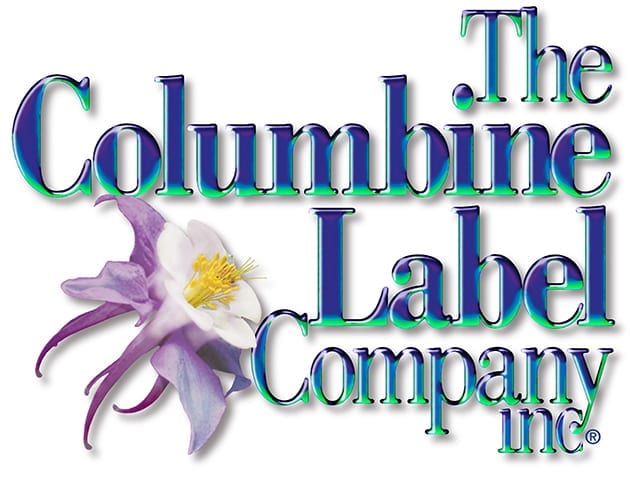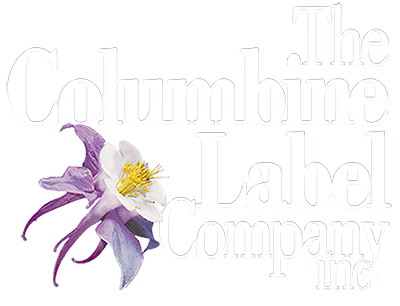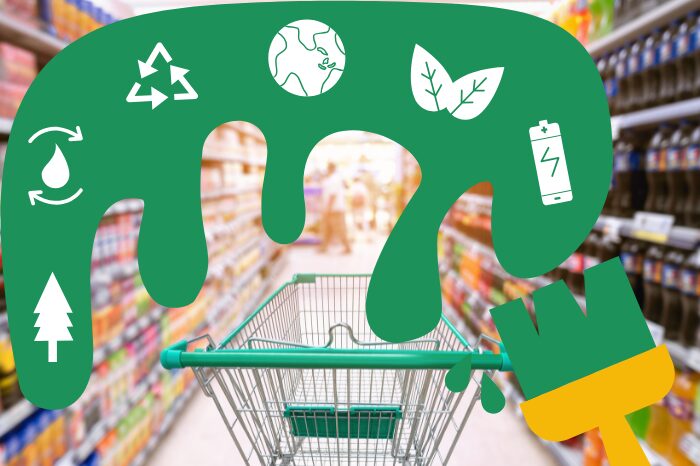The focus on the environment is ever-increasing. As consumers seek to incorporate environmentally responsible products into every area of their lives, businesses are stepping up their marketing to highlight eco-friendly attributes. Terms like “recyclable,” “compostable,” and “biodegradable” are now commonplace on product packaging. However, not all claims are created equal, and some may cross into the murky waters of “greenwashing.” This is where the Federal Trade Commission (FTC)’s “Green Guides” come into play. Let’s explore what greenwashing means, the issues surrounding unsubstantiated green claims, and the legal ramifications companies face when their claims don’t live up to FTC guidelines.
What Are the FTC’s Green Guides?
The FTC’s Green Guides are a set of guidelines designed to help marketers ensure their environmental claims are truthful and not deceptive. First introduced in 1992 and updated periodically, the Green Guides provide businesses with detailed advice on how to avoid making misleading environmental claims. They address a variety of topics, including:
-
Recyclability
-
Compostability
-
Biodegradability
-
Carbon offsets
-
Renewable energy claims
The Green Guides are not laws themselves but serve as a framework to help businesses comply with Section 5 of the FTC Act, which prohibits unfair or deceptive practices in commerce.
Understanding Greenwashing
Greenwashing refers to the practice of making misleading or unsubstantiated claims about the environmental benefits of a product, service, or practice. This can include exaggerating a product’s recyclability, compostability, or sustainability. While greenwashing can give a company a short-term marketing boost, it erodes consumer trust and can have serious legal consequences.
Claims of Recyclability and Compostability
Two of the most common areas where greenwashing occurs are claims of recyclability and compostability.
Recyclability: A product can only be marketed as recyclable if the entire item, or significant portions of it, can be collected, separated, and reused in the recycling process. The FTC’s Green Guides stress that such claims should be qualified if recycling facilities are not widely available to a substantial majority of consumers (defined as at least 60%).
Compostability: For a product to be labeled compostable, it must break down into usable compost in a safe and timely manner in most municipal or industrial composting facilities. If facilities are not readily available, this limitation must be disclosed.
The Problem with Unsubstantiated Claims
One of the major issues surrounding claims of recyclability and compostability is the lack of universal standards and infrastructure. For example:
-
Recyclability: Even if a product’s materials are technically recyclable, it may not be processed in local facilities due to limitations in recycling technology or market demand for certain materials. Items like plastic straws, coffee cups, or multi-layered packaging often fall into this gray area.
-
Compostability: Industrial composting facilities capable of processing biodegradable plastics are scarce, meaning that even compostable products often end up in landfills. Without adequate disclaimers, consumers are left with unrealistic expectations.
Legal Challenges and Case Studies
Unsubstantiated green claims can lead to significant legal consequences. Here are some notable cases:

-
Keurig’s Recyclable K-Cups: Keurig faced lawsuits over claims that its single-use K-Cups were recyclable. Plaintiffs argued that the products were not recyclable in most facilities due to their size and the need to separate materials. The company eventually agreed to a settlement and clarified its recyclability claims. More on this story as reported my NPR.
-
EarthFriendly Plastics Lawsuit: In another high-profile case, a company marketed its plastic bags as “biodegradable” and “compostable,” despite the fact that they could not break down in standard composting facilities. The FTC intervened, resulting in fines and a prohibition on making unsubstantiated claims.
-
Greenpeace vs. Walmart: Walmart was sued by Greenpeace for allegedly labeling plastic products as recyclable when many of them could not be processed in most U.S. recycling facilities. This case highlighted the importance of aligning claims with actual recycling capabilities.
Best Practices for Avoiding Greenwashing
To avoid falling into the trap of greenwashing, businesses should:
-
Be Specific: Avoid vague terms like “green” or “eco-friendly” without clear definitions or substantiation.
-
Substantiate Claims: Conduct third-party testing to verify claims of recyclability, compostability, or biodegradability.
-
Disclose Limitations: If a product requires specific conditions (e.g., industrial composting), make that clear to consumers.
-
Stay Updated: Regularly review the FTC’s Green Guides and ensure marketing practices are in compliance.
Conclusion
Greenwashing undermines consumer trust and hampers genuine efforts to protect the environment. By adhering to the FTC’s Green Guides and taking care to substantiate environmental claims, businesses can market their products responsibly while avoiding legal pitfalls. For consumers, staying informed about what terms like “recyclable” and “compostable” truly mean can help make more sustainable purchasing decisions.
Columbine Label Company has a mini blog series on sustainability that you can find right here among other posts that you may find enlightening.


